Table of Contents
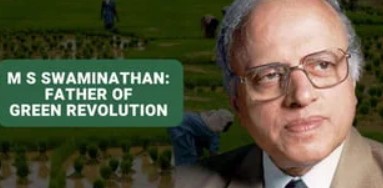
Introduction
In the annals of agricultural history, the name Dr. Mankombu Sambasivan Swaminathan, lovingly known as MS Swaminathan, stands tall as a pioneer and visionary. His contributions to Indian agriculture have not only transformed the nation but also left an indelible mark on global farming practices. This article delves into the life and work of this remarkable figure, highlighting his role as the father of the Green Revolution in India.
Early Life and Education
Born on August 7, 1925, in Kumbakonam, Tamil Nadu, MS Swaminathan exhibited a keen interest in agriculture from a young age. He pursued his Bachelor’s degree in Agriculture from the University of Madras, followed by a Master’s degree in Genetics and Plant Breeding from the prestigious Indian Agricultural Research Institute (IARI) in Delhi.
The Visionary Mind
From the outset, Dr. Swaminathan displayed a visionary approach to agriculture. His educational background in genetics and plant breeding would later become the foundation for his groundbreaking work.
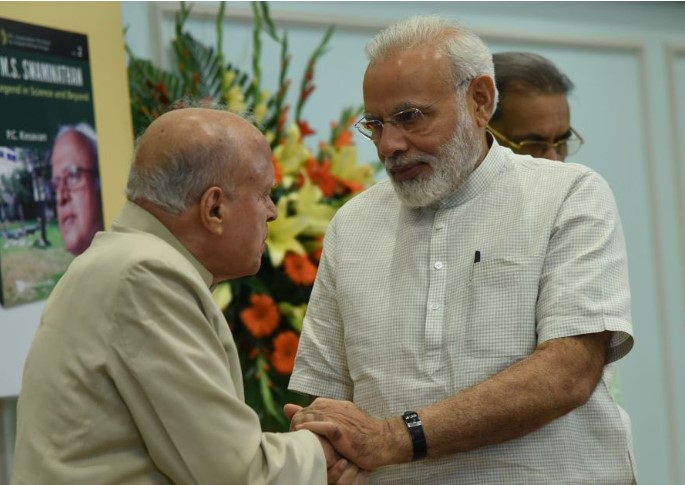
The Green Revolution Takes Root
A Catalyst for Change
The 1960s marked a turning point in India’s agricultural landscape. The country was grappling with food scarcity, and the need for innovative solutions was urgent. It was during this time that Dr. MS Swaminathan became a driving force behind what is now known as the Green Revolution.
High-Yielding Varieties
One of the most significant contributions of Dr. Swaminathan was the development and promotion of high-yielding crop varieties. These new varieties of wheat and rice were more resistant to pests, had shorter growing cycles, and yielded significantly higher quantities of grain.
Agricultural Practices
Dr. Swaminathan’s work wasn’t limited to just introducing new crop varieties. He also advocated for modern agricultural practices, including the use of fertilizers and irrigation techniques. His holistic approach aimed to increase agricultural productivity sustainably.

Impact on Indian Agriculture
Transforming the Nation
The Green Revolution, spearheaded by Dr. MS Swaminathan, brought about a dramatic transformation in Indian agriculture. Crop yields soared, ensuring food security for a growing population. This revolution not only improved the livelihoods of farmers but also bolstered India’s economy.
International Recognition
Dr. Swaminathan’s work didn’t go unnoticed on the global stage. He received numerous accolades and awards, including the prestigious World Food Prize in 1987, for his outstanding contributions to agriculture and food security.
Legacy and Beyond
Continuing the Mission
Even in his later years, Dr. MS Swaminathan remained an ardent advocate for sustainable agriculture. He emphasized the importance of conserving biodiversity and promoting eco-friendly farming practices.
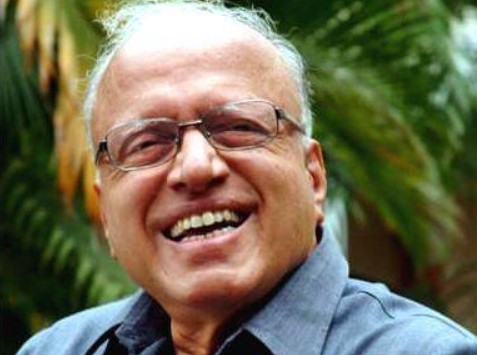
The Swaminathan Report
One of his notable contributions in recent times is the Swaminathan Commission Report, which recommended measures to improve the economic conditions of farmers in India. This report serves as a roadmap for agricultural policy reforms in the country.
M.S. Swaminathan is a renowned Indian geneticist and international administrator who is credited with leading the Green Revolution in India. He was born on August 7, 1925, in Kumbakonam, Tamil Nadu, India. He received his Ph.D. in genetics from the University of Cambridge in 1952.
Swaminathan began his career as a research scientist at the Indian Agricultural Research Institute (ICAR). In 1972, he was appointed Director-General of ICAR, a position he held until 1979. During his tenure as Director-General, he played a key role in developing and introducing high-yielding varieties of wheat and rice to India. These new varieties were resistant to pests and diseases, and they produced significantly higher yields than the traditional varieties.
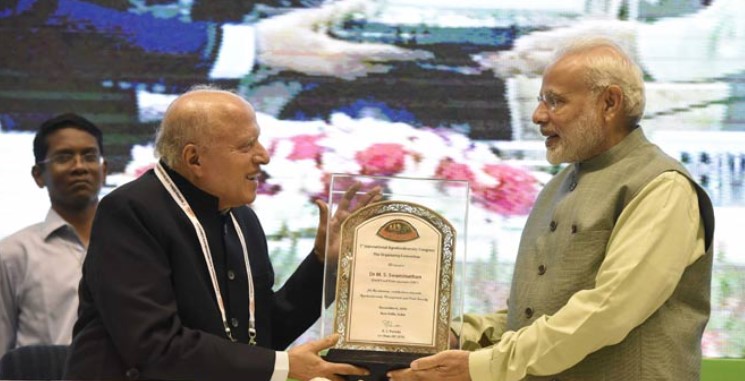
The introduction of high-yielding varieties led to a dramatic increase in agricultural production in India. This is known as the Green Revolution. The Green Revolution saved millions of people from starvation and transformed India from a food-deficit country to a food-surplus country.
Swaminathan has also held several other important positions, including Director-General of the International Rice Research Institute (IRRI) and President of the International Union for Conservation of Nature and Natural Resources (IUCN). He has received numerous awards and honors for his work, including the Padma Bhushan, the Padma Vibhushan, and the World Food Prize.
Swaminathan is a visionary leader who has made significant contributions to agriculture and food security. He is a champion of sustainable agriculture and believes that farmers should be at the center of agricultural development. He continues to work tirelessly to promote food security and nutrition for all.
In addition to his work on the Green Revolution, Swaminathan has also made significant contributions to other areas of agriculture, such as biofertilization, crop protection, and water management. He is also a strong advocate for environmental protection and biodiversity conservation.
Conclusion
In the grand tapestry of Indian agriculture, Dr. MS Swaminathan’s legacy is woven with threads of innovation, dedication, and a deep commitment to improving the lives of farmers. His pioneering work in ushering in the Green Revolution has not only secured food for millions but also paved the way for sustainable farming practices worldwide.
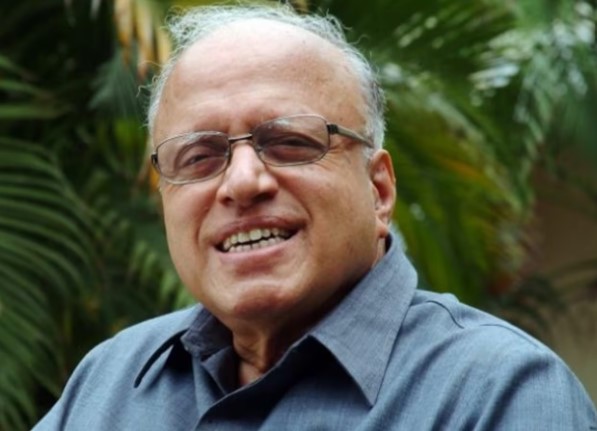
FAQs
- Who is MS Swaminathan? Dr. MS Swaminathan, often referred to as the father of the Green Revolution in India, was a renowned agricultural scientist and visionary who transformed Indian agriculture.
- What is the Green Revolution? The Green Revolution was a period of significant agricultural transformation in India, characterized by the introduction of high-yielding crop varieties and modern farming practices.
- What are high-yielding crop varieties? High-yielding crop varieties are plant strains bred to produce larger quantities of crops, thus increasing agricultural productivity.
- What is the Swaminathan Commission Report? The Swaminathan Commission Report is a comprehensive document that outlines recommendations for improving the economic conditions of farmers in India.
- How did MS Swaminathan impact global agriculture? Dr. Swaminathan’s work not only transformed Indian agriculture but also served as a model for sustainable farming practices worldwide, earning him international recognition.
MS Swaminathan
Search us on Google by typing Interestopedia.com
